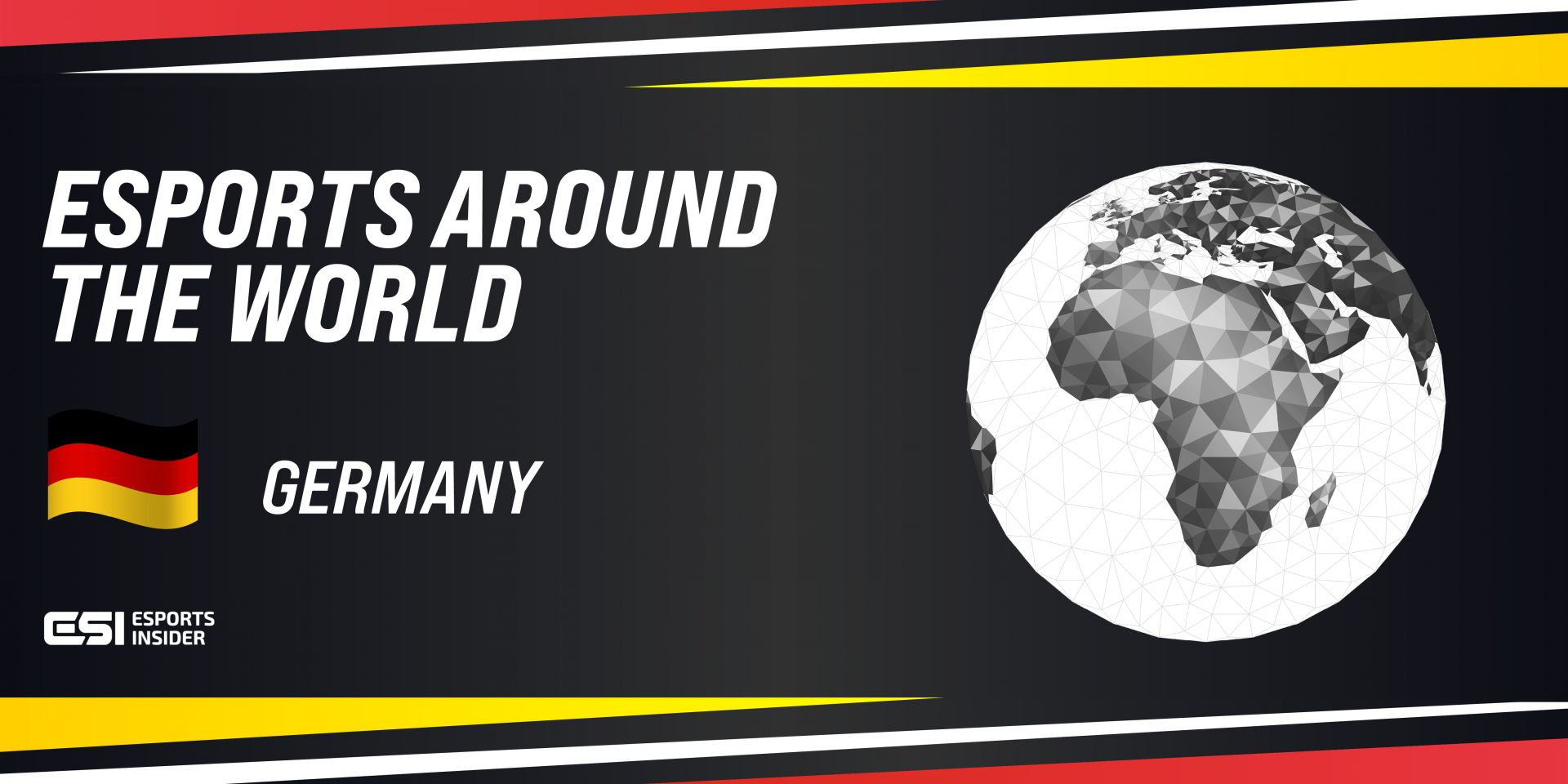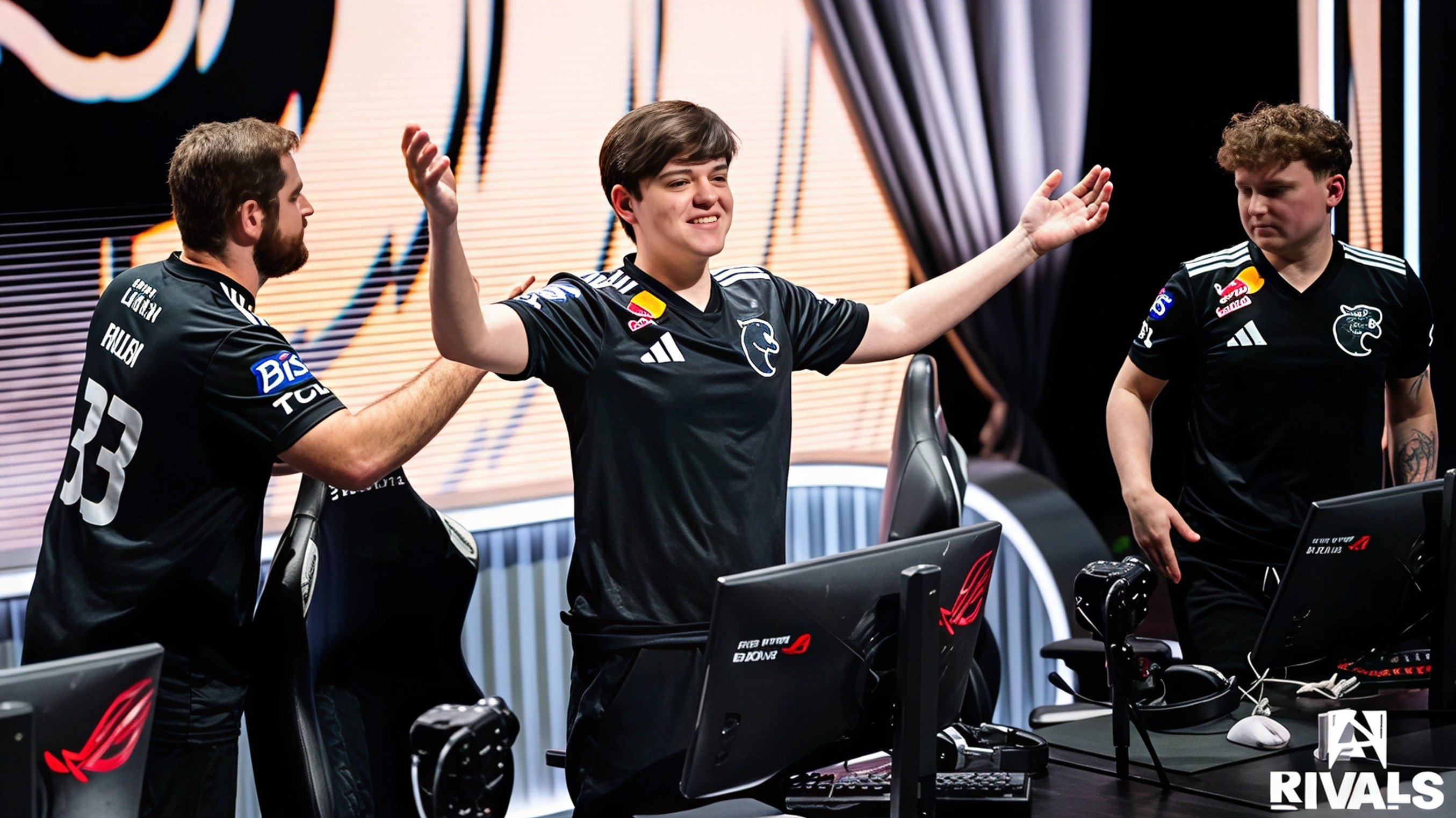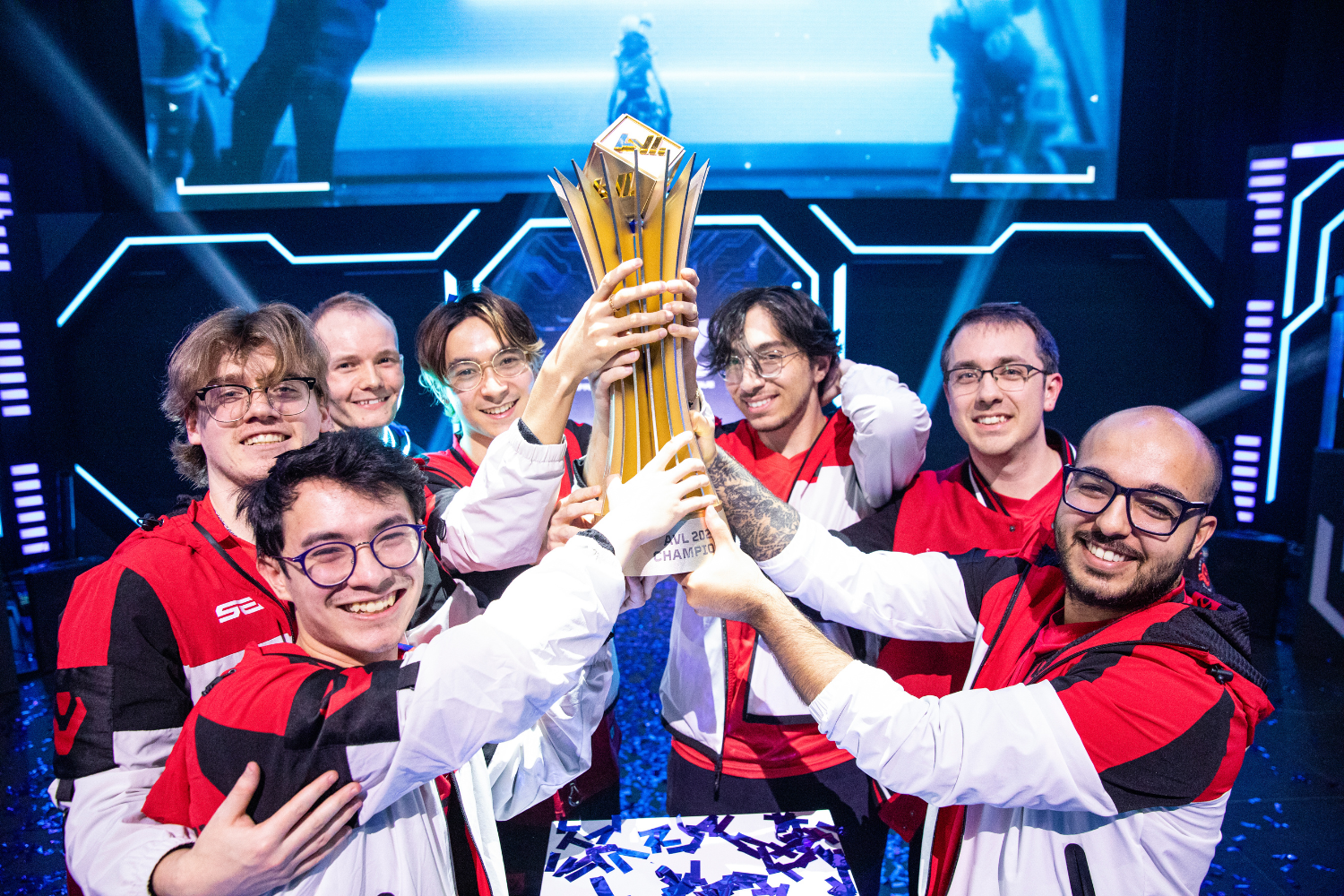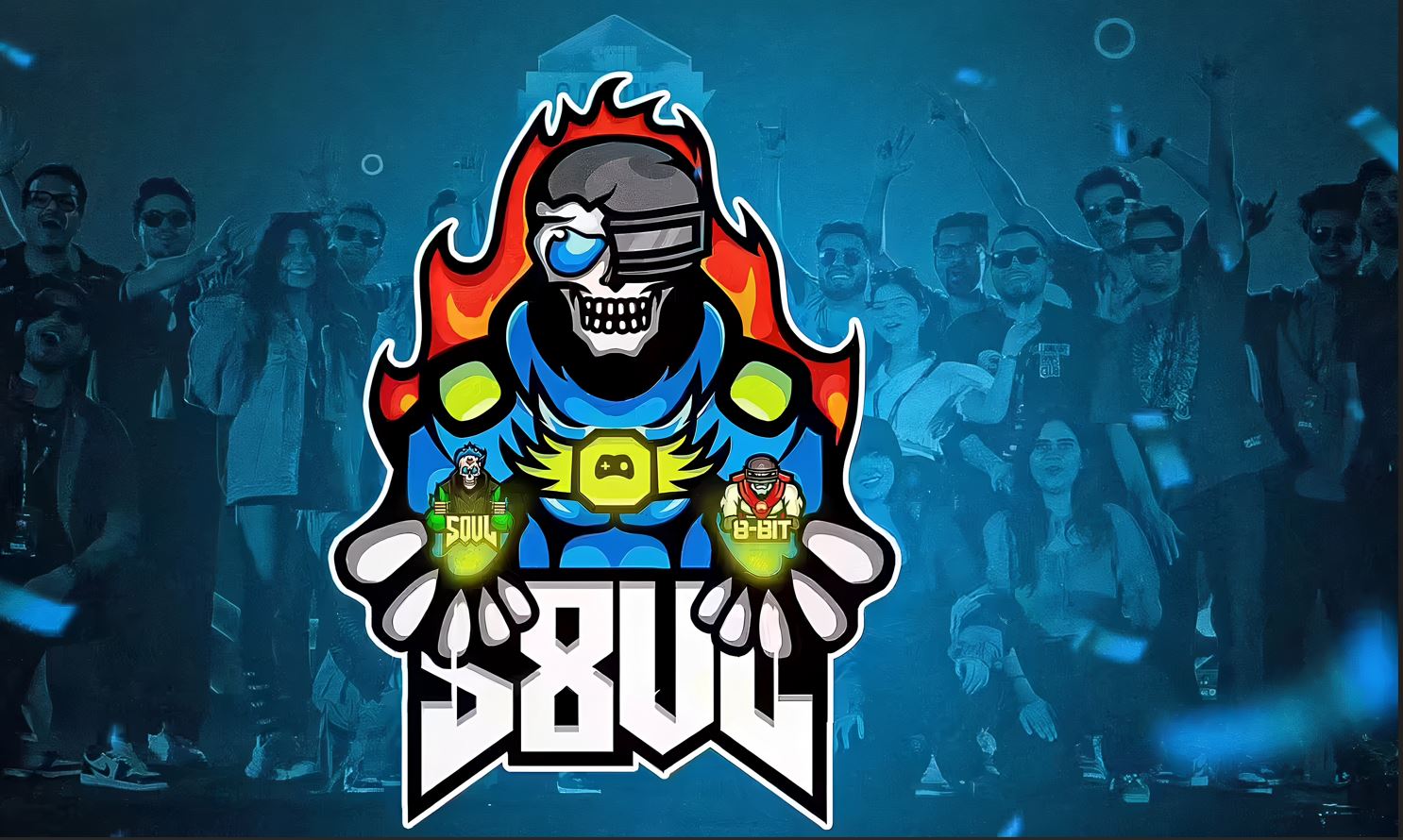A Landmark Moment for German Esports
Esports in Germany is about to reach a new level of legitimacy. The German government has approved a proposal that would grant esports official recognition as a non-profit activity. The move highlights a growing global trend of governments acknowledging the social, cultural, and economic impact of competitive gaming.
This initiative is not just about esports competitions. It also seeks to promote fair play, safeguard young players, and encourage healthier engagement with digital media. For Germany, which already stands as Europe’s largest esports market, this recognition could reinforce its leadership role in shaping the future of the industry.
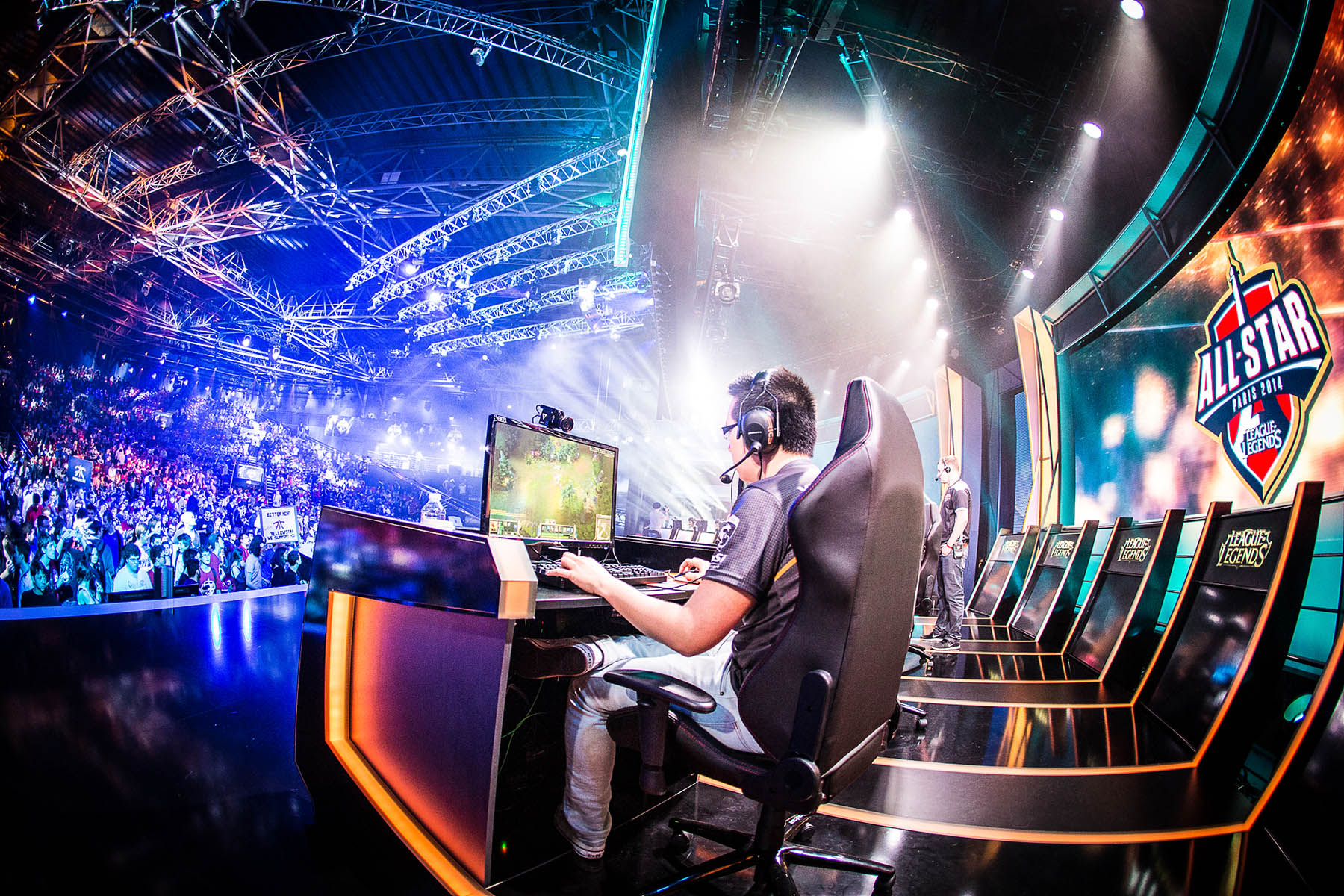
What the Proposal Means
Once the Bundestag gives formal approval, esports organisations across the country will gain legal recognition and enjoy the same benefits as other non-profit groups. This includes access to tax relief and new opportunities for development, potentially unlocking more resources for professional teams, grassroots initiatives, and youth programmes.
The first draft of the legislation did face criticism for being too restrictive, particularly from esports organisations and stakeholders within traditional sports. Many raised concerns about whether the policy would adequately accommodate the needs of both industries, especially with the Olympic Esports Games scheduled for 2027.
Germany’s Esports Legacy
Germany has long been a powerhouse in the global esports landscape. According to E-Sport-Bund Deutschland, the market generates approximately 160 million euros annually, with sponsorships accounting for more than half of this revenue. The country is also home to world-renowned organisations such as G2 Esports, Berlin International Gaming (BIG), and MOUZ, all of which are central to the European Counter-Strike ecosystem.
In recent years, Germany has demonstrated a forward-thinking approach to esports. Back in 2020, it introduced a dedicated visa for professional esports players, allowing non-European Union competitors to enter the country and participate in events with fewer barriers. This recognition as a non-profit activity is another significant step forward, aligning esports more closely with traditional sports under German law.

A Global Wave of Esports Recognition
Germany is not alone in this shift. Around the world, governments are increasingly embracing esports as both a cultural and economic driver. Earlier this year, the United Kingdom established a dedicated Head of Video Games and Esports within its Department for Culture, Media and Sport. In Pakistan, the government recently signed an agreement to launch the country’s first official esports policy, which includes training programmes and the creation of the Pakistan Esports Federation. Malaysia has also committed millions to develop its local esports scene.
By taking this step, Germany positions itself at the forefront of esports governance in Europe, sending a clear signal that the industry is here to stay.
Why This Matters
The recognition of esports as a non-profit activity represents more than just tax benefits. It validates the passion of millions of players and fans, offering greater institutional support for professional athletes while also empowering grassroots communities. For Germany, it could mean stronger pathways from casual gaming to professional competition, fostering the next generation of esports stars.
Follow Gaming Moves on Instagram and Facebook for more updates on esports legislation, team news, and exclusive coverage from the global gaming industry.

